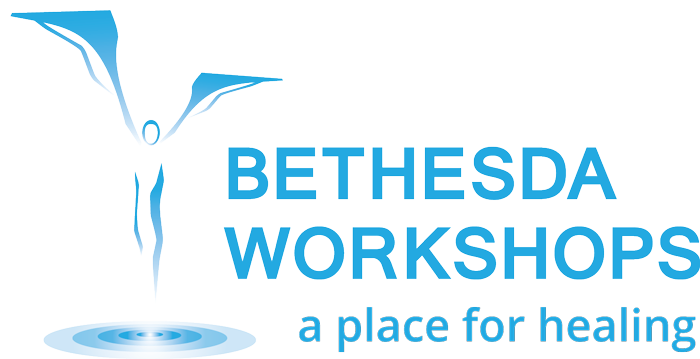After receiving multiple inquiries and responses concerning my recent blog about self-care during stressful times, I am diverting from the series of lessons from 1035 Acorn Drive to explore a bit further the concepts of spirituality and community. This detour is made with trepidation, because I am certain I won’t do justice to either construct, which have been described with wisdom and eloquence by so many.
Nevertheless, both realms are transformative as I continue to “fall upward” during this my second half of life. (Thank you, Richard Rohr, for that paradigm, which is unpacked in Falling Upward – A Spirituality for the Two Halves of Life.) Spirituality is the broader concept and the one harder to define or even describe. As a lived experience, for me “spirituality” goes far beyond simply being concerned with things other than the physical. It is being consumed with and being consumed by a living, breathing relationship with God. Indeed, a Latin root for “spirit” is breath. Spirituality is an animation of life through God’s spirit living within (a complete act of grace and nothing I can achieve or do on my own) and an ever-growing desire for more of God’s life to emanate from me (which is also God’s act of redemptive grace).
As I hear affirmed in recovery and mindfulness circles, breathing is always good. To breathe in and breathe with a loving God is truly divine (a fully intentional pun). It is getting beyond and over myself. It is moving from a shame and fear driven focus on rules and sin and outcomes to a relationship focus that is radical, paradoxical and transformative.
Rohr explains, “Spirituality is always eventually about what you do with your pain,” (his Daily Meditation from July 3, 2016). Yes, indeed! It is precisely the pain of loss, of unfulfilled desires, of betrayal, of failure, of loneliness, of questions-without-answers, of problems-without-solutions, of evil in all its forms – and the sorrow of watching loved ones suffer these things – that drives me to spirituality as the only response for the stress of life.
For many of us, stressful or difficult times are God’s beacon into a closer relationship. My primary spiritual practice during a challenging period becomes an intimate dialogue with an ever-present God. This is a “show up place” of utter honesty, where I am safe to bring all my sorrows and fears to God’s kitchen table, where God receives me with a fresh-brewed cup of coffee (and even a cookie most of the time).
What I find in this connection is that God rarely changes the stressful circumstance. Instead, God (when I allow it) changes me. Conversation with God opens the possibility of becoming more pliable, more accepting, more trusting, more forgiving of myself and others. Of moving beyond the limiting, opposing viewpoints of sinner and saint, or victim and perpetrator, or positive and negative, or yes or no. During the most healing of these connections, conversation with God moves me to feel that I am not alone. Regardless of the circumstance or its outcome, the connection itself – the dialogue, the messy wrestling – is transforming. Rich and painful and soothing and redemptive.
This intimate connection with God is the very breath of spirituality. A necessary, refreshing sustenance always, and one especially dynamic during stressful times.
I find that connection with God creates compassion for God’s people, which then ignites a hunger for intimate relationship with others who are wounded and seeking and supplying solace. Community.
More on our spiritual connection with other humans next week.
Marnie C. Ferree
